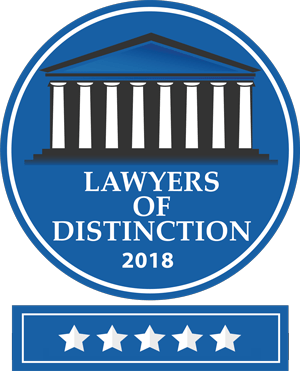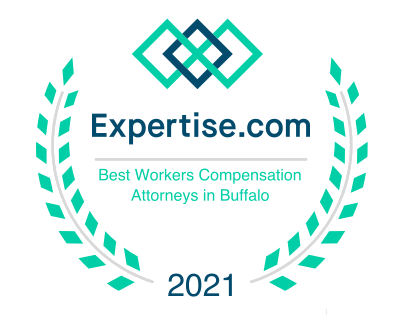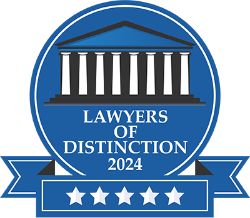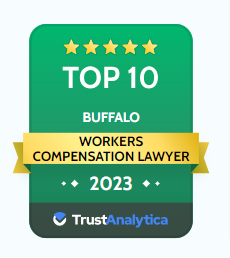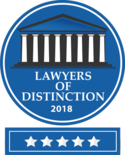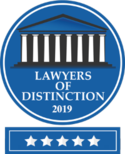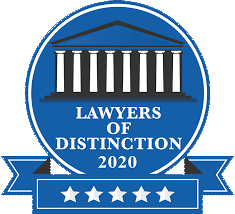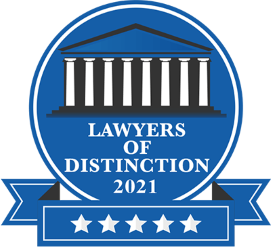Social Security Claimants' Representatives: Dec. 4th - Supreme Court hearing of Biestek v. Berryhill
Nov 29, 2018Social Security Disability Insurance provides monthly payments to more than 10 million people. Supplemental Security Income disability benefits reach a partially overlapping group of roughly seven million. Testimony of vocational experts is central to a large number of the hearings that help allocate these benefits. Yet, remarkably, the Supreme Court has had almost nothing to say about how vocational experts operate.
That is about to change. On December 4, the Supreme Court will hear argument in Biestek v. Berryhill, which asks the court to decide whether an administrative law judge may rely on the testimony of a vocational expert who refuses to provide the data underlying her or his opinion. The justices’ decision will have enormous practical implications for the determination of eligibility for benefits. It also will send an important signal about the seriousness with which the court takes adjudications of eligibility for benefits.
The Social Security Administration determines disability with a five-step sequential process. After a relative handful of claims are rejected because the claimant is working or has no severe impairment, and a larger but still modest share are granted because the claimant has one of the devastating conditions on SSA’s “Listing of Impairments,” a large fraction of cases come down to the final two steps. First, at step four of the disability-evaluation process, the agency must determine if the claimant can return to “past relevant work.” If not, step five of the process requires the agency to decide whether the claimant can perform any other job that exists in substantial numbers in the regional or national economy. Only if the answer to both of these questions is “no” may the claimant be found disabled.
The inquiries at steps four and five commonly have a rather surreal character. By the time they reach that stage, many claimants have proven serious impairments that all but ensure that no employer would hire them. However, SSA’s rules base eligibility on whether the claimant could do a job, not whether she or he would have the chance to do so. For those claimants with only exertional impairments – restrictions on how much they can stand, walk, lift and carry – SSA can determine whether the claimant can perform other positions using its medical-vocational guidelines, or “grid.” The grid, which the Supreme Court upheld in 1983 in Heckler v. Campbell, dictates positive or negative eligibility decisions for various combinations of exertional limitations, age, education and occupational history.
For cases involving non-exertional impairments, the grid can still support a finding of disability if the claimant’s exertional impairments are disabling by themselves. If they are not, the grid cannot resolve the case. In these cases, SSA must turn to a vocational expert. A vocational expert is often a professional employee of an employment service or occasionally a labor economist at a local college or university. Researchers have found wide variation in the qualifications and skills of vocational experts. The vocational expert’s testimony about the requirements of various jobs largely determines the outcome of the case. Experienced claimants’ representatives might well prefer a favorable vocational expert and an unfavorable ALJ rather than the opposite combination.


